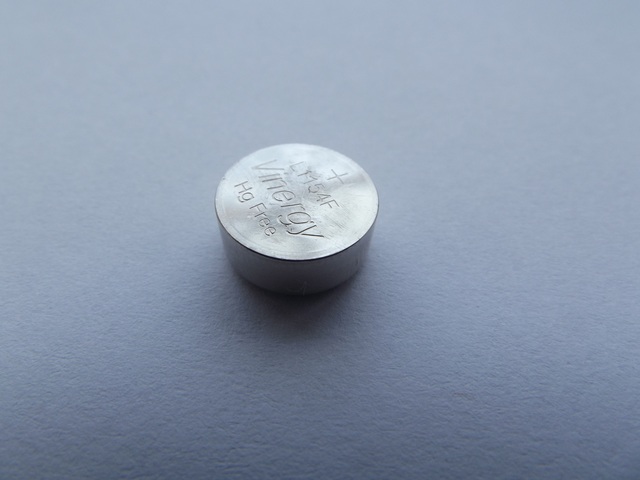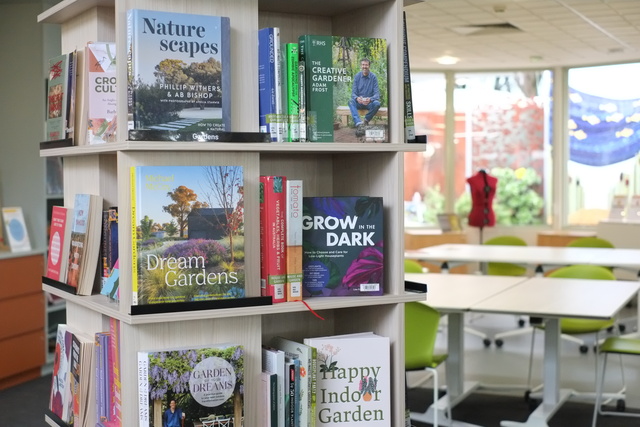By JESSE GRAHAM
EARLIER today, we received an email from a company with a story pitch.
This isn’t uncommon – our inboxes are often flooded with pitches, with press releases and information about products, or stories about people or events.
Some of these are stories with great news value, others are quite simply not.
Today’s email stood out, however, as it claimed that there were local email addresses identified as part of the much-reported-on Ashley Madison hack.
For those of you who haven’t heard, Ashley Madison is a dating website with the tagline “Life is short. Have an affair”, and it aims to help its members do just that.
It has made the news because the website was hacked and the details of more than 33 million members were leaked, before being made publicly available.
Our editor, Peter Douglas, spoke to my colleagues and I about the email, and we unanimously made the choice to send it where it belongs – right into the bin.
The topic of the leaks has dominated public discussion, whether on social media or across the pages of daily newspapers, and opinion is divided along interesting lines: for some, the leaks are natural justice for those who decided to forsake their relationships; others believe the hack betrays the privacy of people who may have a myriad of reasons for signing up.
Regardless of what people think about infidelity, these leaks have the capacity to do real harm beyond that of breaking down relationships or a person’s social standing.
This morning, it was reported that Toronto police are investigating a link between two recent suicides and the leaks, and it’s a sad fact that these will likely not be the last.
Working in a news organisation, you learn to prioritise events in terms of their newsworthiness and the factors that contribute to this, including locality, conflict, timeliness and human interest.
One of the first things you also learn in the job is that you have the ability to inform people with what you write, and the ability to inform public discussion by getting answers to important questions.
It goes without saying that those important questions can also have negative consequences, including to an individual’s reputation or public standing.
You don’t have to look far to find examples of this.
Every day, reporters have to think about the consequences of their actions and ask themselves whether what they write is important enough to justify any damage that may be caused – often, it is.
But not in this case.
Exposing the secret sex lives of people, such as those who had their details leaked earlier this month, may be lucrative for media organisations who relish in click-baiting headlines and care little for collateral damage.
But that style of tabloid journalism is not and has never been what the Mail is about.
For local papers, the people that grace the pages each week are local – they live and work in the Yarra Ranges and surrounds; they’re the people you see at the supermarket or the cafe or at school pick up.
We can only hope that, if someone from the outer east is impacted by these leaks, they are able to find the help they need – whether that is a friend or a professional to speak to – and that the pressure of the situation does not make them think there is no way out.
Whether that email, now sent into the abyss, had any truth in it, I do not want to know.
People’s sex lives are for themselves and their partners.
This week has been dramatic for some people, but that drama should play out between the parties involved and not on the pages of a newspaper.
If you or anyone you know is thinking of self-harm or suicide, contact LifeLine on 13 11 14.







